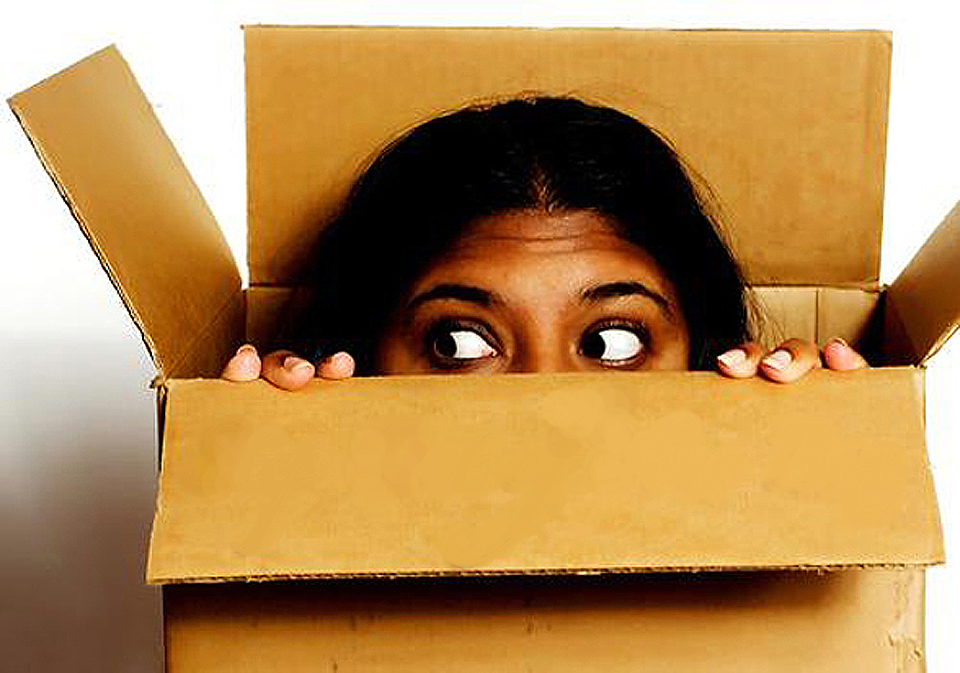There are those of us who are in the mental health arenas, either professionally or as laypeople, who have varying degrees of knowledge of a variety of mental health disorders. Once you have access to this kind of information, you can fall into the trap of diagnosing everyone you meet or know as having a particular mental disease or disorder.
Some of these people are doctors, therapists, coaches, patients and/or curious bystanders.
It’s easy, once you get access to a certain amount of information, to consider yourself an expert, as you start to diagnose everyone you come across as having a problem.
In some cases, learning about certain mental disorders can be very valuable, such as dealing with someone you know personally, maybe intimately, who may (or may not) suffer from a mental disorder or disease.
Having a good understanding about how someone might react in certain circumstances can help you understand and deal with them when the face challenges or tend to react in ways that don’t seem normal to you.
This can be very helpful in helping you to determine if someone is “safe” to be around or have access to intimate details of your life, especially if they can have a negative effect on your life. You have every right to determine who has access to and influence in the life that you live.
Early detection of certain personality types, and of people who may be toxic, abusive, or potentially dangerous, is hugely advantageous.
Even so, diagnosing everyone is an unhealthy approach to building community and it keeps people separated by categorizing traits, which may not be signs of a mental disease or disorder at all.
This fits perfectly into the judge matrix.
The judge matrix keeps us separated from our peers because we can quickly determine what we do not like or approve of in someone else as we categorize those around us, placing individuals in a box of likeminded folks.
Doctors, therapists, counselors, and professionals in all trades do this; it is a widely accepted (and promoted) practice, but it not a high-vibration activity.
Admittedly, it may be an effective way to manage and filter through a wide variety of people and may enhance your ability to focus and save countless hours of discovery and therapy, it is unjust, and not conducive to promoting individuality, freedom, peace, and harmony.
The judge matrix destroys community, fosters separation and dissention, and is harmful to the potential expansion and evolution of the human race.
If you must diagnose clients as part and parcel of your day-job, or must attempt to diagnose someone in an effort to keep yourself safe from potential loss or harm, then do so, but do not let your judgment spread to your circle of influence, or the community at large.
Diagnosing others is judging them based on a very limited amount of data, and you cannot know a person well enough be evaluating a short list of “red flags.”
Mental disorders or diseases are not the only way we categorize, diagnose, separate, and judge others. This applies to all categorizations which separate people into groups.
It is socially acceptable to sort people by gender, health status, age, height, color of eyes or hair, income, political views, religion, race, physical location or address (or lack of physical home address), media preferences, even the clothes they wear, and the cars they drive, amid a nearly endless list of categories to judge and separate others by.
Judging others is not good medicine.
One of my personal heroes said, “Judge not, lest you be judged.” And is akin to, “Let he who is without sin cast the first stone.”
Unless “Judge” is part of your job title or job description (or necessary for personal protection) then it should be avoided. Even so, if you are required to judge, keep it focused on only the areas when and where it is warranted, and try to celebrate the differences of anyone else.
Judge if you must, then move on, loving and accepting others for who and what they are, regardless of their individual characteristics. Don’t take judgment home or to your community.
After all, aren’t we all just doing the best that we can with what we have?
I know I am.
And I love you just the way you are.


